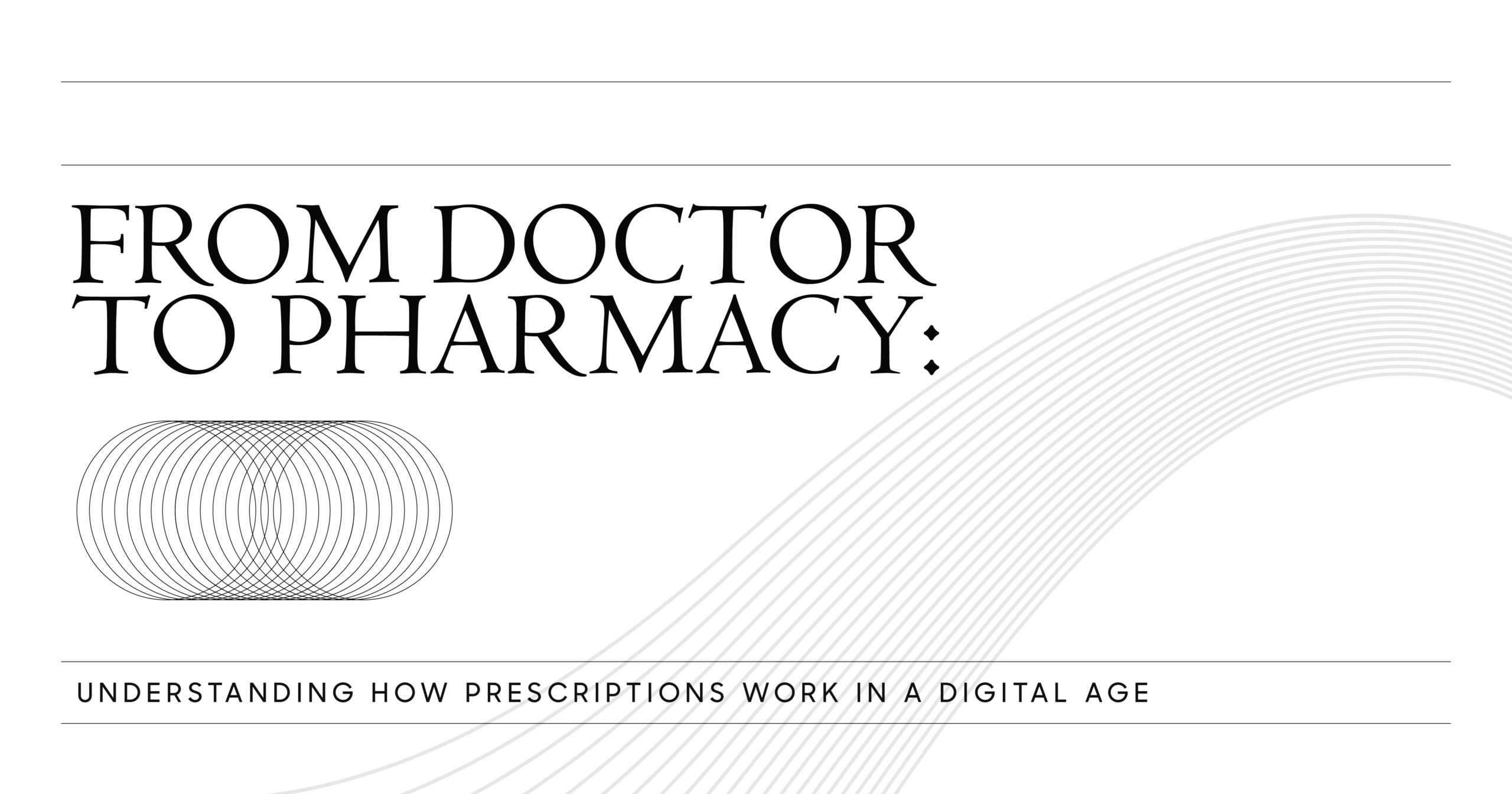Finding a reputable therapist that you get along with is crucial. You could talk about sensitive topics or tell them something you’ve never told anyone else. So you want to interact with someone who is open to your ideas and listens to you. But there are so many options and ways to find a therapist that it can be hard to choose one.
This article talks about a few ways to limit or broaden your choices and find a therapist who is likely to work well for you.
What Your Therapist Should Know?
A therapist is not just a friend who listens to your problems and gives advice. Instead, the best therapist will help you see and change harmful ways of thinking and acting while accepting you for who you are. A good therapist helps you get better without making you feel bad about your problems.
You will get the most out of your treatment time if you are careful about what you choose. It is important to choose a therapist with good credentials and good people skills that help build trust and lead to positive growth.
When Is A Good Idea To See A Therapist?
If you don’t know your next step, or what to do, or if you’re confused and overwhelmed by how you feel, you might want to try counseling. Therapy is for anyone who wants to get out of or through a hard situation or any mental illness and is willing to work at it. People often think of therapy when in a panic, but you don’t have to be at your lowest point to benefit from it. Talking to a therapist can be very helpful if you are dealing with depression, anxiety, relationship problems, family problems, couple problems, mood and stress problems, or any other kind of change in your life.
Some signs that it’s time to see a therapist are:
- Confusion
- Not knowing who you are
- Dislike for certain people, places, or situations
- Changes in how and when you eat and sleep
- Feeling overburdened
- Agitated gloomy mood irritable mood
- Having a lot to do
Things to Remember When Looking For In a Therapist
1. Choose The Type Of Therapy
To find a good therapist, you must first decide what kind of treatment you want. You and your therapist can do different kinds of therapy together. Choose the one that fits your goals. Some therapists are good at giving many different kinds of.
2. Determine Your Budget
Therapy could cost a lot of money, depending on where you get it. Some kinds of care are given for free. Counseling may be less expensive if you do it online. Some therapists might charge more than others.
Find out what your insurance covers and how much you’re willing to pay monthly for treatment before making appointments with individual therapists. You can prioritize therapists in your price range if you know this number.
3. Referrals Are Useful For Finding A Therapist
If you feel comfortable, ask your family and friends for suggestions. Your friends and family may be able to tell you more about a good therapist than what you can find online. Even if a therapist has worked with someone you care about, they might not be your best choice. Still, your specific needs and goals for therapy will determine the best therapist for you.
Some of the people or groups in your network may also have good ideas like:
4. Your Institution
If you go to a college or university, the student health or psychology department is likely well-connected with a network of experienced therapists.
5. Your Insurance Provider
Your insurance company will have a list of psychotherapists whose services they cover and their relationships with them.
Other jobs you know something about. Even if they don’t work in health care, these people could help you in your search. Consider asking doctors, lawyers, and other professionals you know and trust for a referral from their professional network.
6. Where You Go To Pray
If you are part of a religious group, other members may be able to help.
7. Examine Credentials
When looking for a therapist, it’s important to look at their credentials to ensure they’re qualified. The APA says that a potential therapist should be licensed to work in the state or area where they live. Therapists may also be certified in a certain type of therapy, such as exposure therapy.
But remember that a therapist’s title may not matter as long as they are qualified to help you in the way you want. Some people who can help you are counselors, social workers, psychologists, or psychotherapists.
8. Figure Out What You Want To Get Out Of Therapy
Getting the right therapist might be easier if you know what you want from therapy. If you want to find a treatment for a specific problem, this may help you narrow down your choices. Here are some things to think about:
- Dealing with the stress, trauma, phobias, and sadness caused by what you went through in your relationships
- A mental health problem you know you have or think you might have, an emotional problem you need help with
Once you know what you want to get out of treatment, tell the therapist right away. Keep in mind that some problems, like relationships and stress, might not need the help of a therapist, while others, like depression, might. Even if you don’t know what to talk about, it’s fine to talk to someone. A good therapist will help you set goals and work toward them as you go through treatment.
Over time, they’ll help you gain the skills and confidence to handle emotional problems independently.
9. Think About Getting Help Online
Online counseling may be a useful and easy-to-find resource for many people. Online counseling could be very helpful if you don’t have access to a therapist in your area. You can talk to a counselor online through several apps. Even if you do online therapy, it’s important to find a trained professional who fits your needs. Choose an app that only puts you in touch with licensed therapists.
Some online therapy programs make it easy to stop working with a therapist you don’t like and quickly connect you with a new one. This is a big benefit because it lets you test out as many people as you need to quickly and easily find the right fit.
Conclusion
Finding the right therapist for you may take some time, but the work is well worth it. Some therapists might not be a good fit for your needs. Even though these things may make you feel down, don’t give up.
Getting therapy is a good way to improve your mental health. Finding the right therapist will help you for the rest of your life in ways you can’t even imagine.



